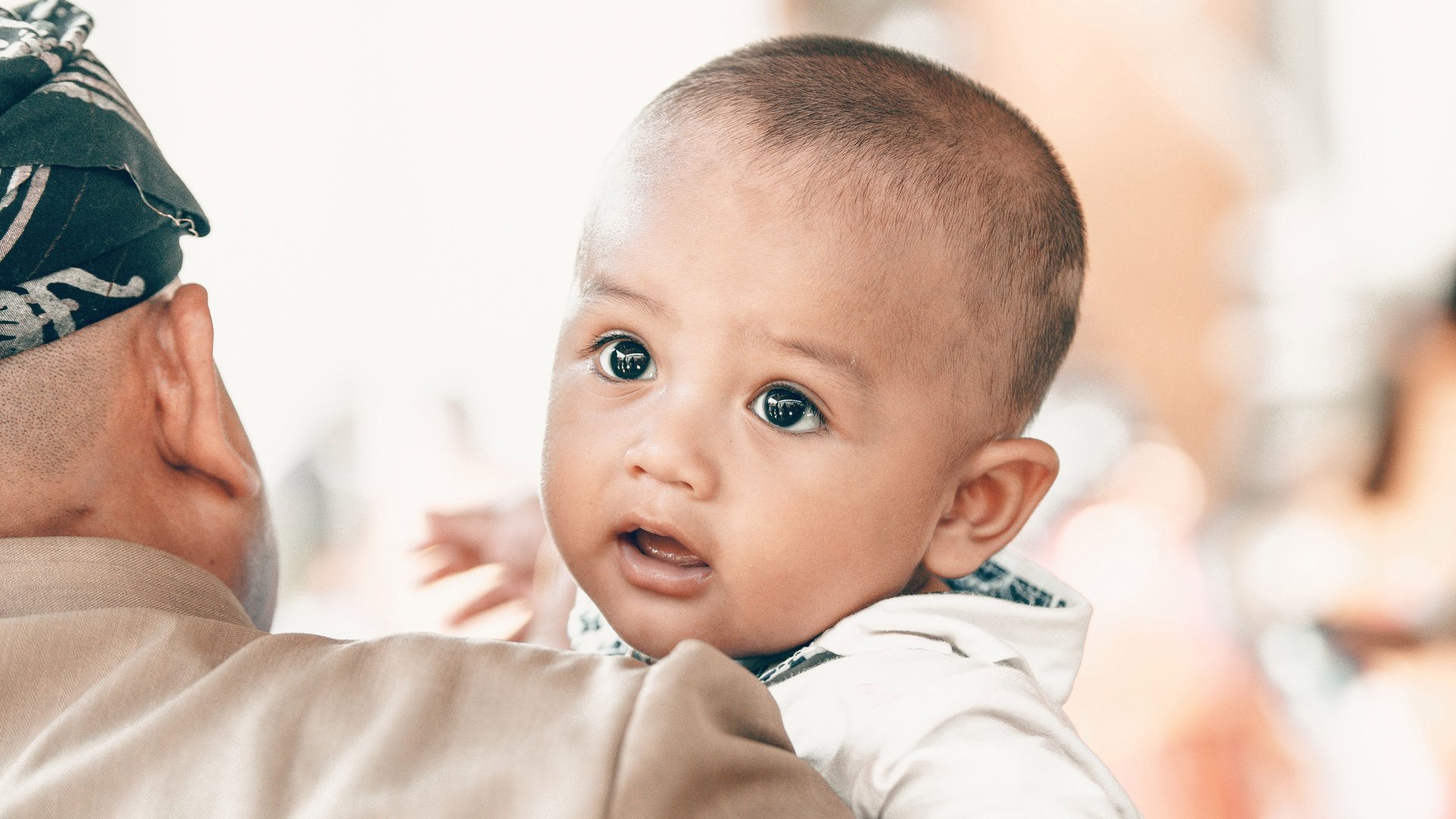Air pollution is impeding our children’s brain development
It’s hard to overstate the influence air pollution has on human health. We all breathe air, and much of the world population breathes air that hurts their health in some way; air pollution causes an estimated 7 million premature deaths per year. Even air that meets national pollution standards is often still harmful to human health. Babies and children are particularly susceptible; air pollution can impair immune-system development in utero and impede children’s cognitive development.


It’s hard to overstate the influence air pollution has on human health. We all breathe air, and much of the world population breathes air that hurts their health in some way; air pollution causes an estimated 7 million premature deaths per year. Even air that meets national pollution standards is often still harmful to human health. Babies and children are particularly susceptible; air pollution can impair immune-system development in utero and impede children’s cognitive development.
A report released this week by the World Health Organization (WHO) found that 93% of children under 15 currently alive on the planet breathe air that is polluted enough to jeopardize their health. That adds up to 1.8 billion children globally. Further, the WHO estimates that 600,000 children died from acute lower respiratory infections caused by polluted air in 2016. And respiratory infections are just one of the many health risks caused by air pollution; the report noted that research has established a clear link between air pollution and risk of ear infections, as well as some evidence linking it to childhood obesity.
Bad air can hurt young brains
“Exposure to air pollutants can negatively affect neurodevelopment, resulting in lower cognitive test outcomes and the development of behavioural disorders such as autism spectrum and attention deficit hyperactivity disorders,” the WHO researchers write. “Research suggests that both prenatal and postnatal exposure to air pollution represent threats to neurodevelopment.”
Plenty of studies have found that children who live or attend school in places with high traffic-related air pollution perform worse on cognitive tests, for example. A recent study of 783 children in the Netherlands found that exposure to the small particulate air pollution, known as PM2.5, was “found to cause structural alterations to the cerebral cortex” by the time the children were between 6 and 10 years of age. The cerebral cortex is associated with impulse control; a worse ability to control impulses at this age “may affect educational achievement and increase the risk of mental disorders,” according to the study authors.
Airborne political decisions
Aside from not burning filthy fuels inside the home, voting—and lobbying politicians in power—may be the single most effective recourse a concerned parent has for reducing the amount of air pollution to which their child is exposed.
Air pollution does not respect political boundaries and travels wherever the wind takes it. But how much air pollution gets released in the first place is a matter of politics. Politicians often determine the pollution limits for various industries, and, for example, municipal building regulation determine how close schools can be built to a highway or other source of pollution. In many cases, no such restrictions exist. So voting for politicians at both the national and local levels who express interest in public health-focused policy is a fairly direct way to reduce individual pollution exposure.
But, the WHO notes, communities most inundated by air pollution often have the least political power.
“Polluting industries, waste disposal sites, bus depots, and trucking routes are often situated in low-income communities, where residents lack the political power to limit or remove these harmful sources of exposure,” the WHO notes. In the US, for example, race is the biggest indicator of whether or not you live near a toxic waste site.
That makes equitable access to political power—like voting—a matter of urgent public health importance, especially for the sake of newborns and small children.